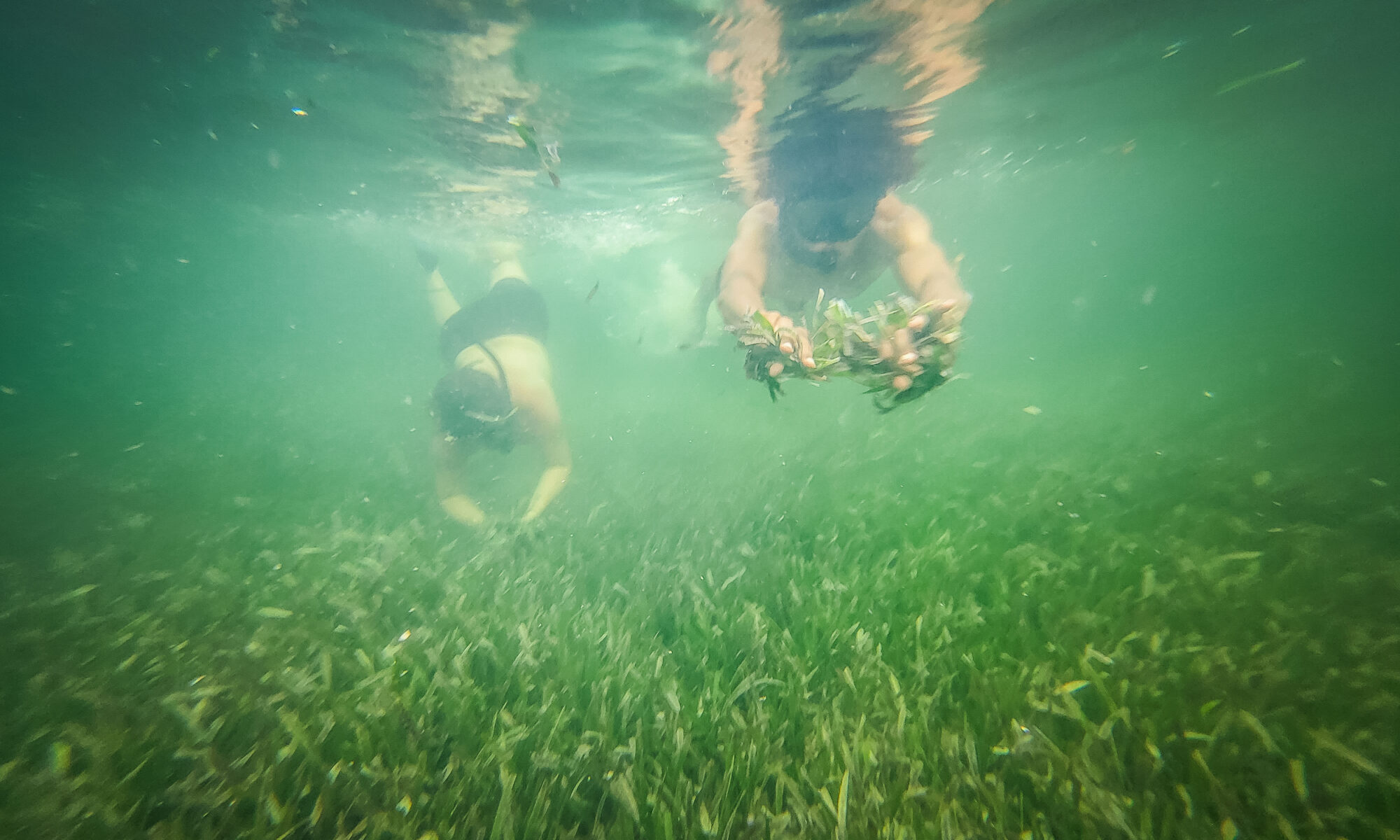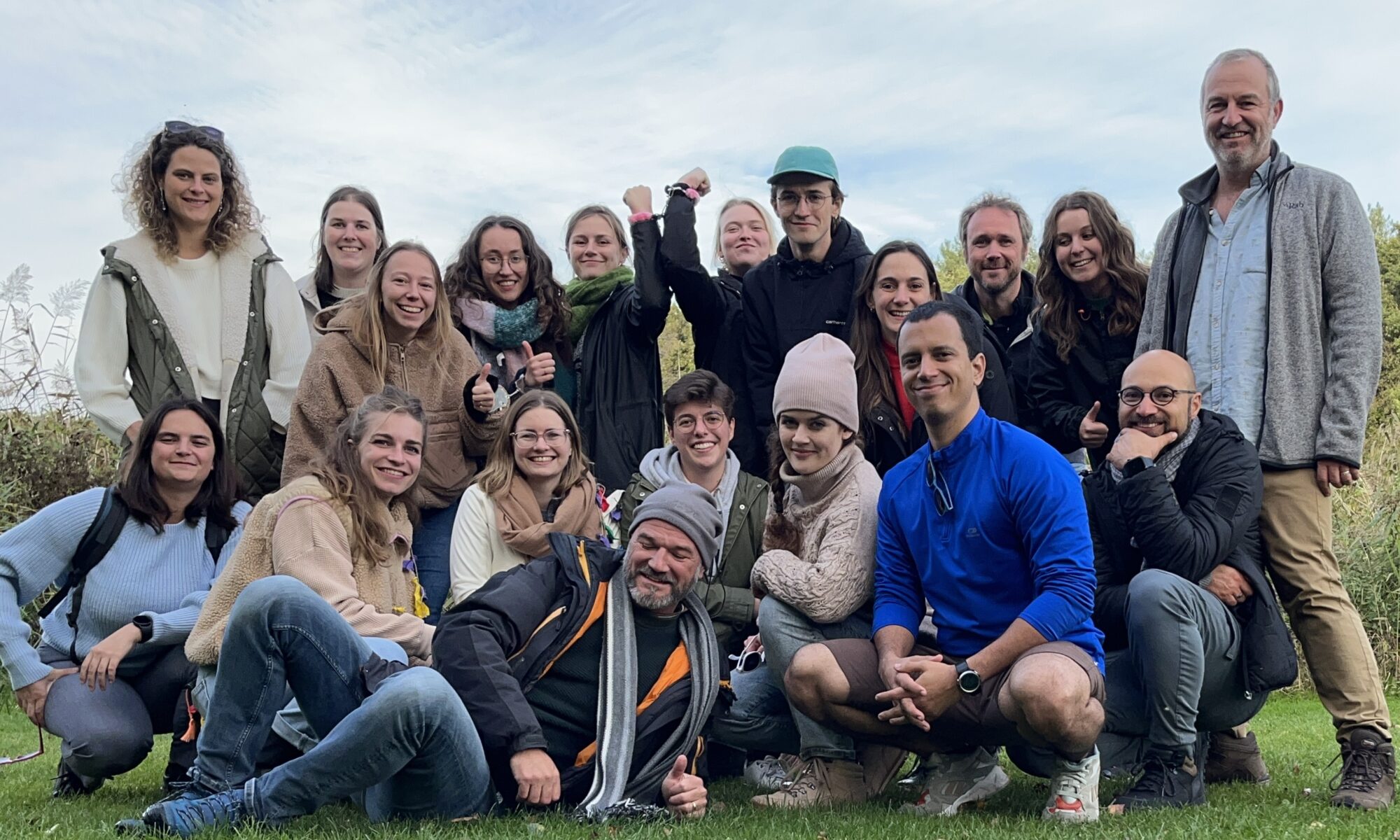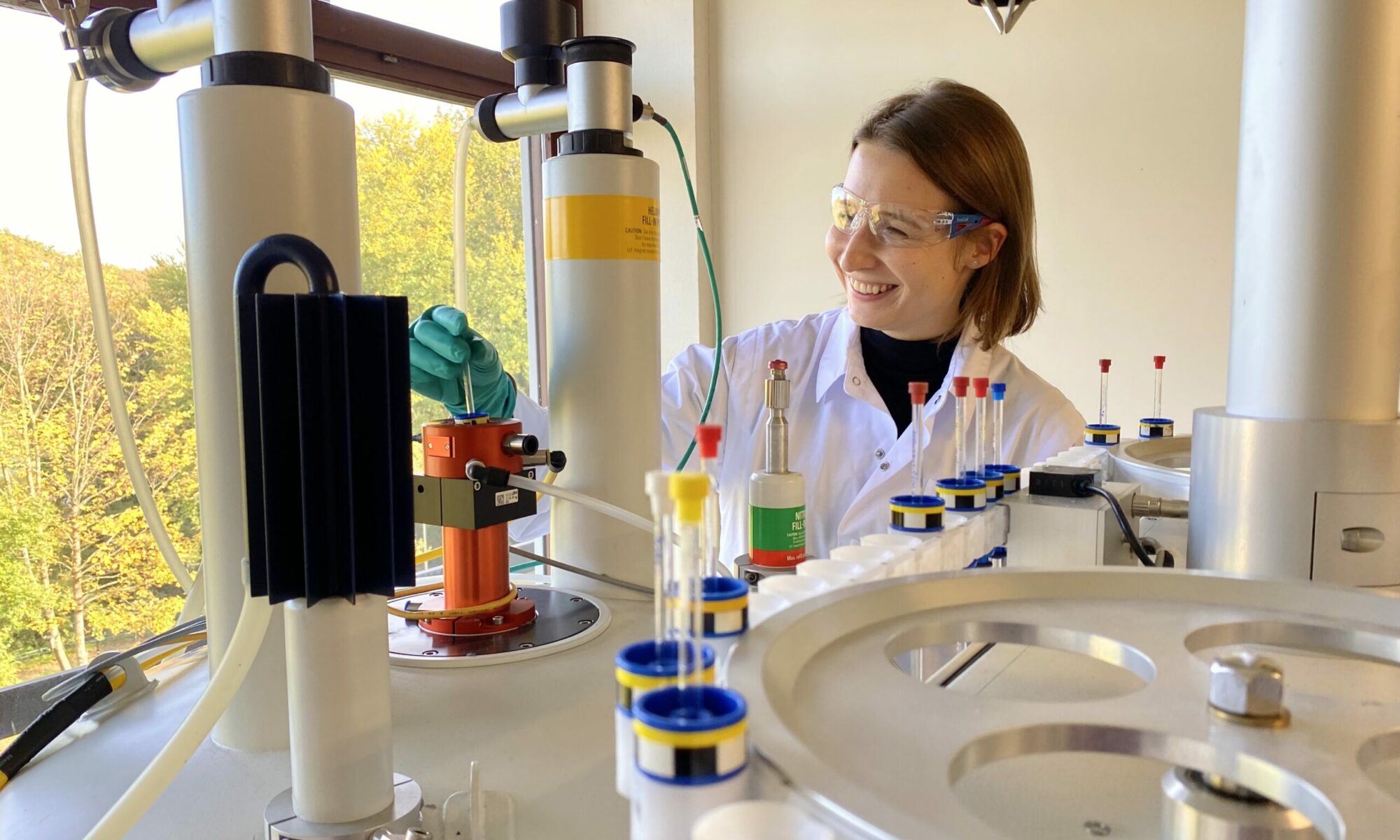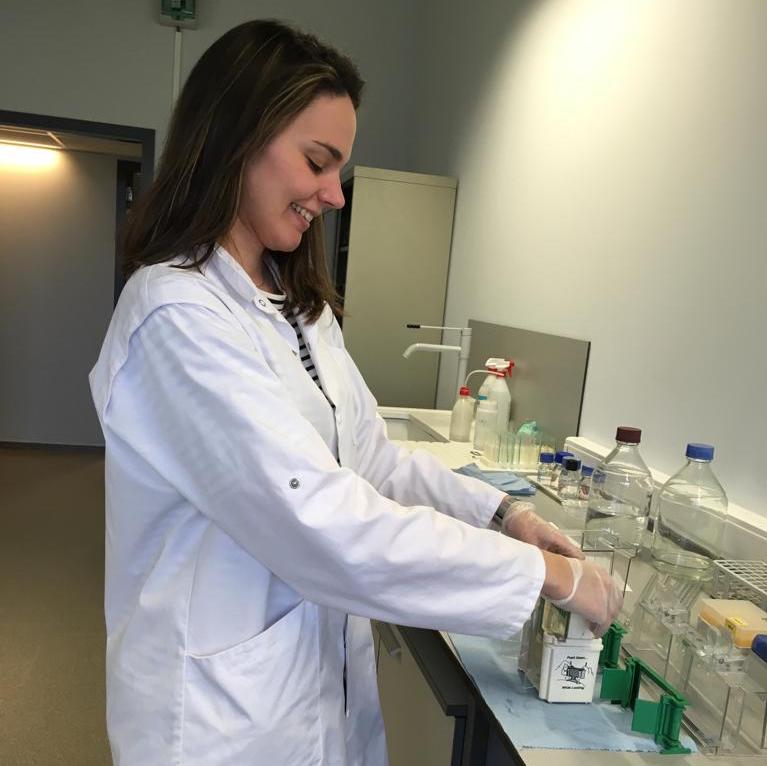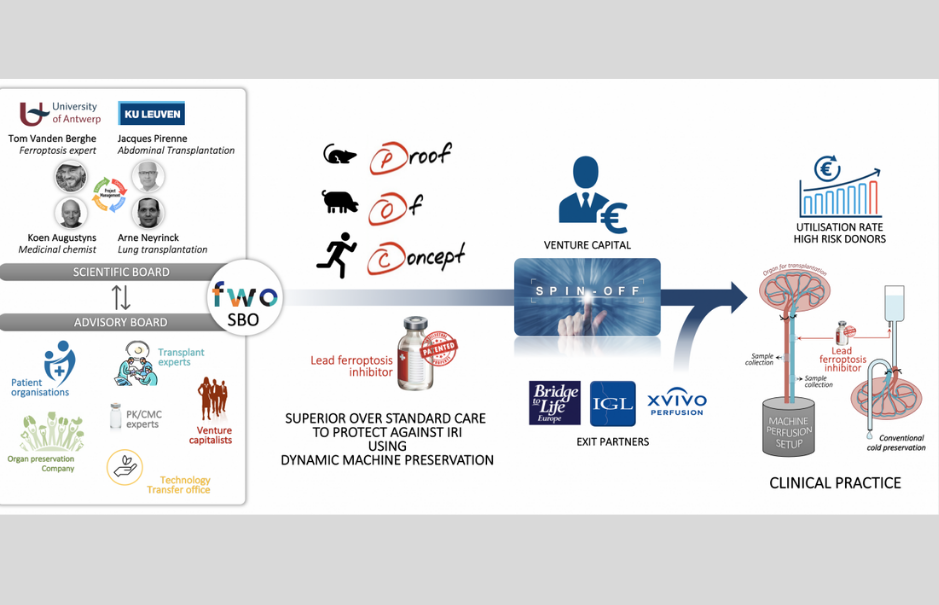Seas and oceans harbor countless undiscovered treasures. One of these is the seagrass Thalassia, specifically the species Thalassia testudinum. Long recognized for its ecological importance, this marine plant serves as a vital food source for creatures like sea turtles and plays a key role in protecting vulnerable Caribbean coastal ecosystems. Recently, scientists have discovered that Thalassia contains significant anti-carcinogenic compounds, capturing the attention of researchers and marine science biomedical institutes.
Filter
As we celebrate this International Women’s Day, we’re excited to highlight the incredible women researchers of the University of Antwerp Cell Death Signaling lab, led by Prof. Wim Vanden Berghe, Prof. Tom Vanden Berghe, and Prof. Andy Wullaert. Their pioneering research explores the complex molecular mechanisms underlying cell death processes in various diseases, offering hope for therapeutic advancements in conditions ranging from cancer to neurodegenerative disorders.
I’m Greta Klejborowska and I’m a Postdoctoral Research Fellow in the Medicinal Chemistry Research Group, led by Prof. Koen Augustyns. My research is focused on the development of novel ferroptosis inhibitors. But what exactly is ferroptosis and why is it important to block or inhibit it?
During her PhD research in Biomedical Sciences, Emilie Logie aimed to find new treatment options to overcome therapy resistance in the blood cancer multiple myeloma. Together with Professor Wim Vanden Berghe, her supervisor at the Proteinchemistry, Proteomics and Epigenetic Signalling (PPES) lab, Emilie used and combined different molecular techniques to identify new ways for treating therapy-resistant multiple myeloma cancers.
Prof. Tom Vanden Berghe and Prof. Koen Augustyns have received a 1.7M euro FWO-SBO grant to pave the way for a ferroptosis spin-off company. Together with a KULeuven team of transplantation surgeons, they will introduce ferroptosis inhibitors into the clinical practice of organ transplantation.

